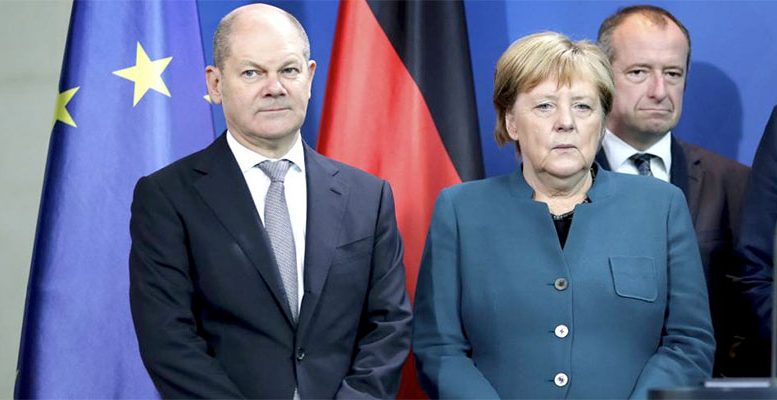Banca March | German Finance Minister Olaf Scholz is considering temporarily lifting the suspension of the country’s debt limit in what would be a major change in the fiscal policy of Europe’s leading economy (1).
In particular, Scholz wants to help a total of 2,500 German cities and towns that are experiencing difficulties in meeting their debt payments. Germany’s strict fiscal discipline has resulted in large surpluses (2) and no less criticism calling for taking advantage of the current low rates and boosting investment in the country.
The call for increased public investment and spending comes at a time when the outlook for the EU economy is dimming, data in the last month suggests that the Eurozone would grow at the slowest rate in seven years. Supply chain disruptions are starting to appear, lower exports and travel associated with the coronavirus are becoming visible in continental Europe.
(1) The brake on indebtedness approved at the beginning of 2009 and converted into a constitutional article prevents the state from assuming new credits that would lead it to incur deficits exceeding 0.35% of it’s GDP.
(2) In 2019, Germany had the world’s largest current account surplus of $293 billion, well ahead of Japan ($194 billion) and China ($183 billion). In 2019, Germany’s budget surplus was 13.5 billion euros for the sixth consecutive year.





